-
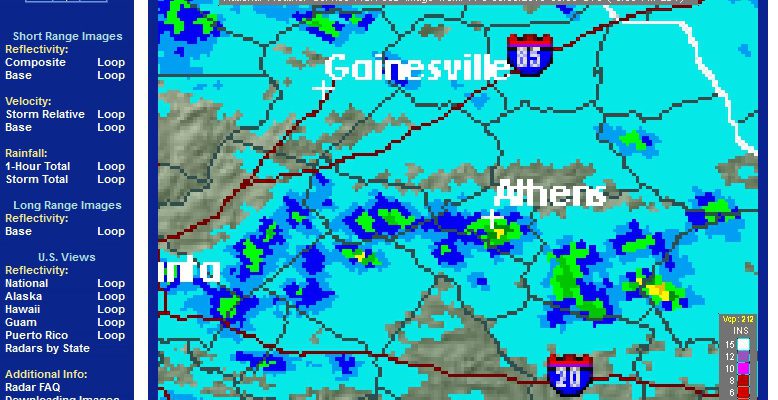
Summer rainfall can be highly variable in space and time. You’ve probably all seen a shaft of rain covering part of your town while bypassing other areas, or compared rainfall amounts with neighbors and found quite a difference from your own. If you are monitoring a county for rainfall amounts or have fields scattered over…
-

Georgia Trends has a good story and recap of Hurricane Michael’s impact on Georgia agriculture from July 1. It tallies the losses to forestry and pecans as well as some other crops. Devastating! Most of the recovery is being done by loans since the recovery money from the federal government has yet to appear. You…
-
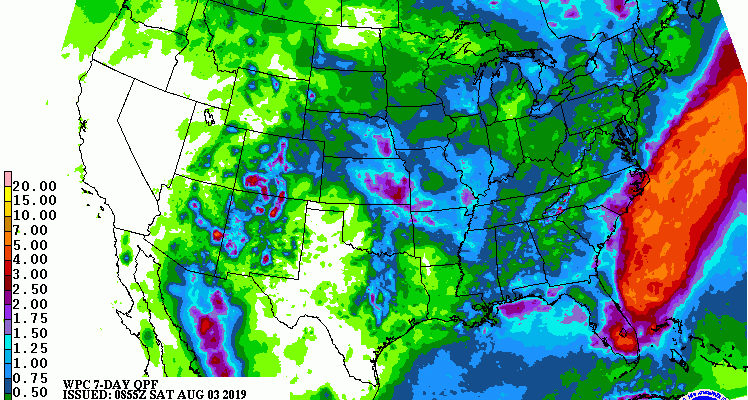
Most of the active rain this week will be in the coastal plains and off the coast in the Atlantic Ocean, as a disorganized low pressure center moves through the area. By Monday afternoon, most of the Southeast except for those areas should be drying out, with only small amounts of rain expected. Still, we…
Posted in: Climate outlooks -
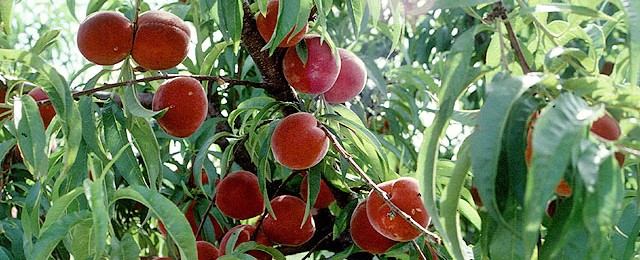
In 2017 and 2018 the peach crop in Georgia took a hit from unusual February warmth followed by March frosts. This year’s crop has had much less damage due to these adverse weather conditions. Producers are reporting an excellent peach crop this year compared to the last two, even with some frost damage to early…
-
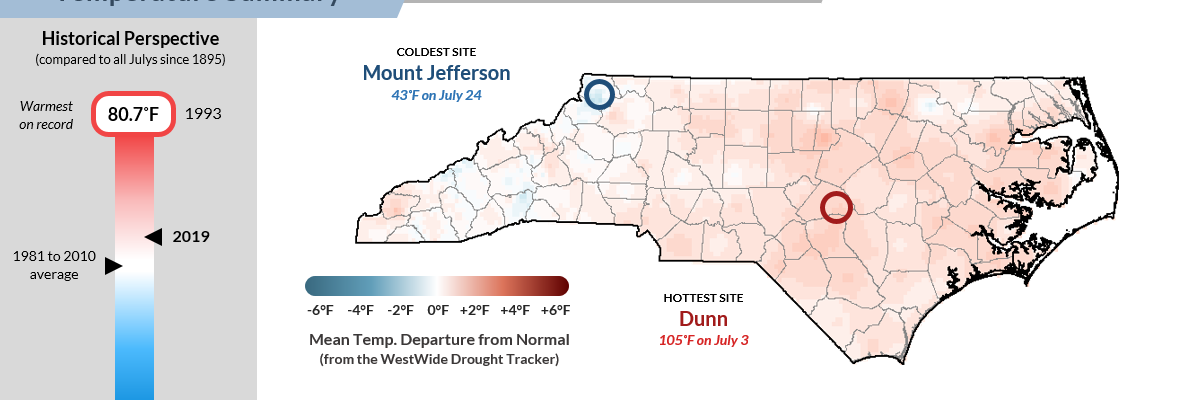
The latest monthly climate summary for North Carolina is now available for July 2019 from the State Climate Office of North Carolina. You can read it at https://climate.ncsu.edu/climateblog?id=288&h=5666e5c1. You can read the Florida climate summary at https://climatecenter.fsu.edu/products-services/summaries/climate-summary-for-florida-july-2019.
Posted in: Climate summaries -
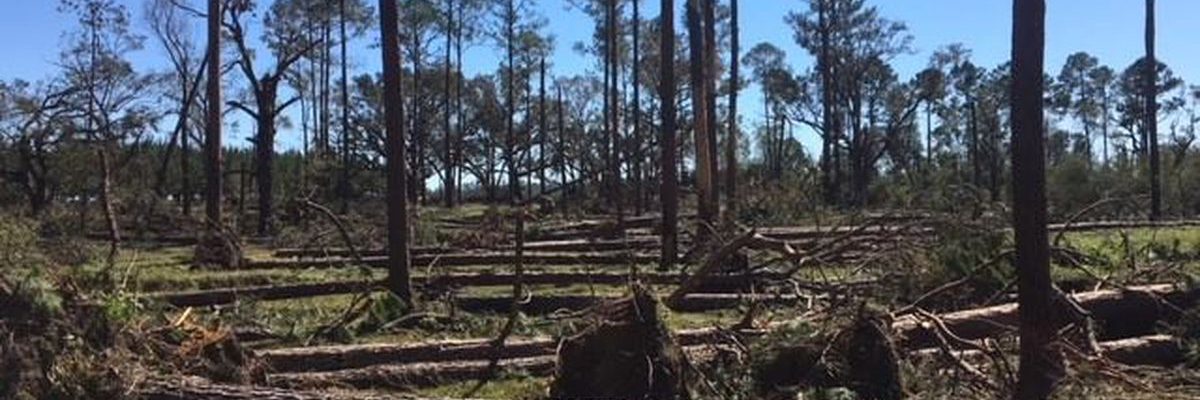
A recent study by scientists at the University of Illinois shows that forested areas affected by tornadoes or other wind storms not only knock down many trees but also provide an opening for the spread of invasive weeds and pests by disrupting the forest canopy. In some cases the infestation of exotic pests is so…
-
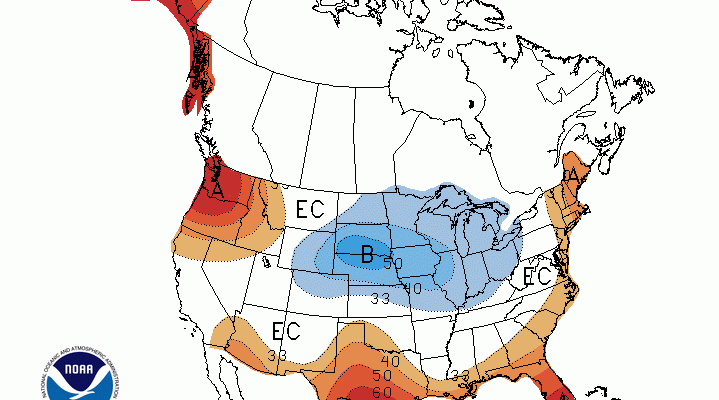
The latest outlook for August 2019 was released today by NOAA’s Climate Prediction Center, and they show that for the next month the region leans towards warmer than normal conditions. Precipitation is listed as having equal chances of above, below or near normal, but if you look at the breakdown by weeks at https://www.cpc.ncep.noaa.gov, most…